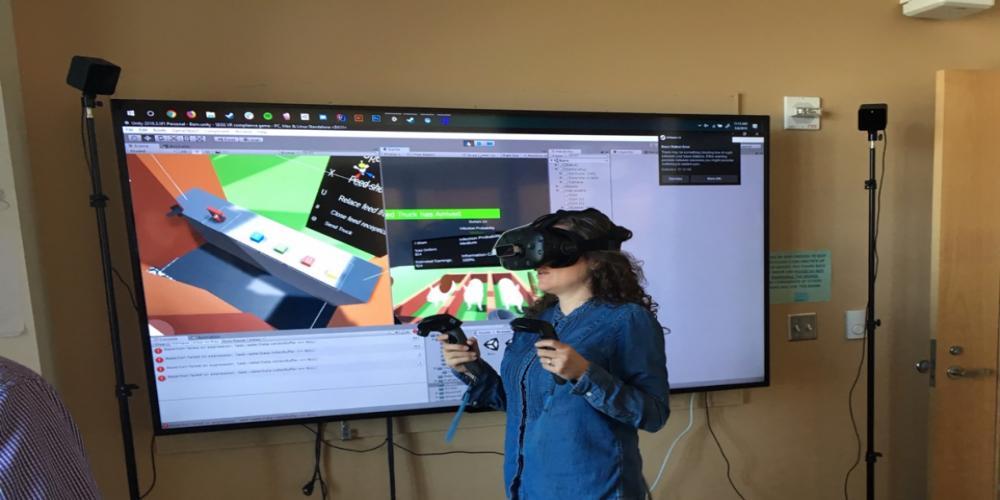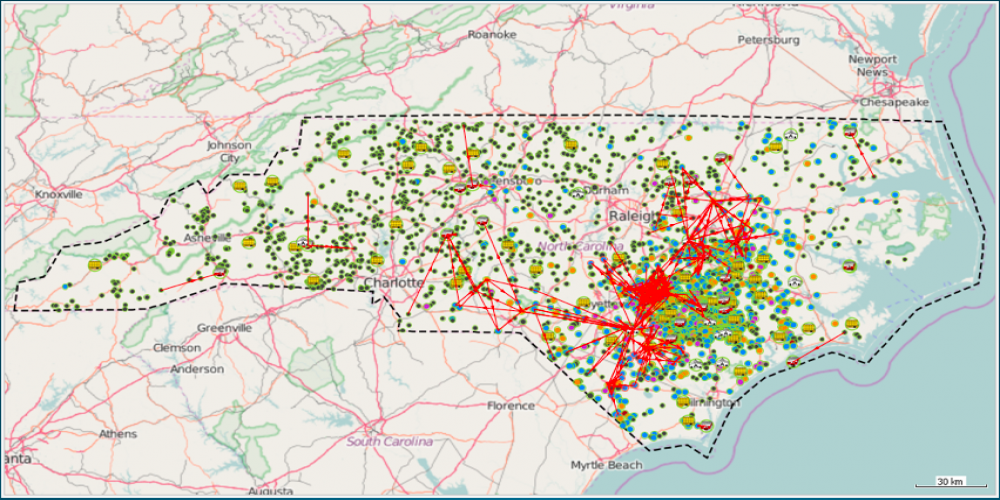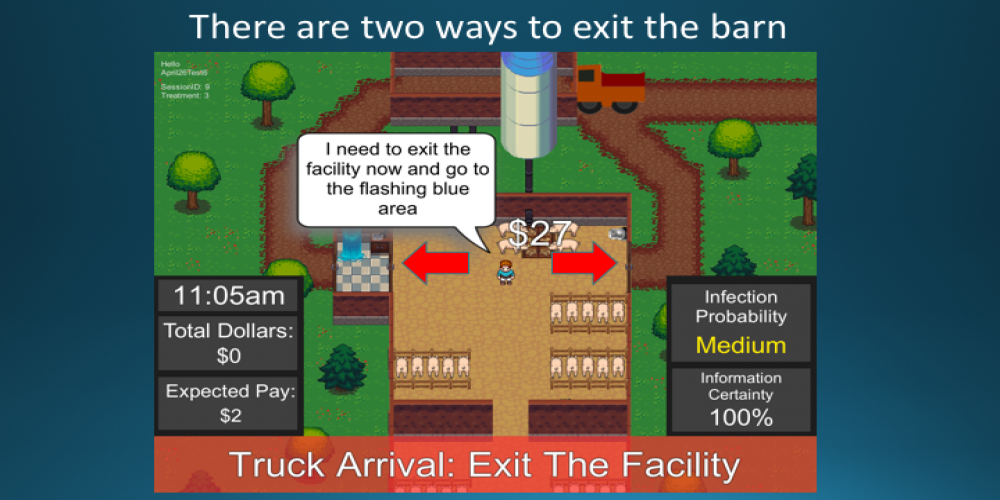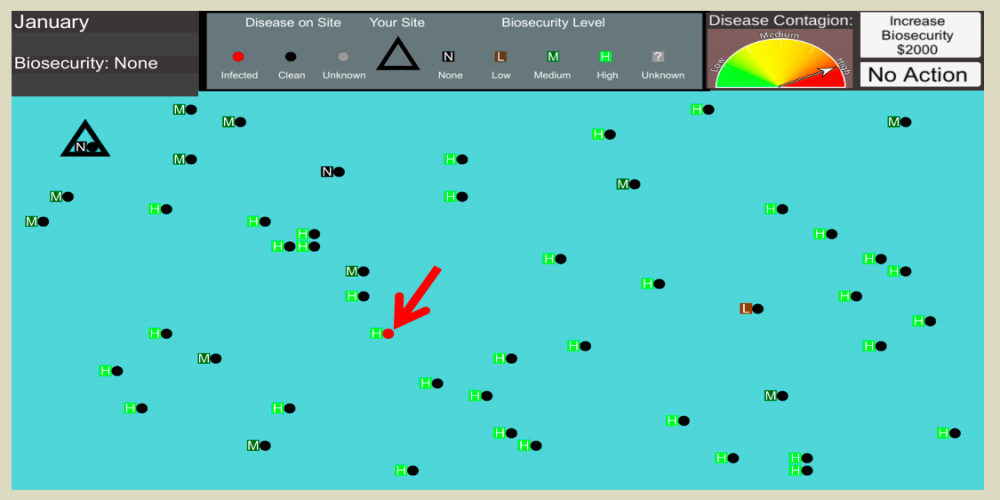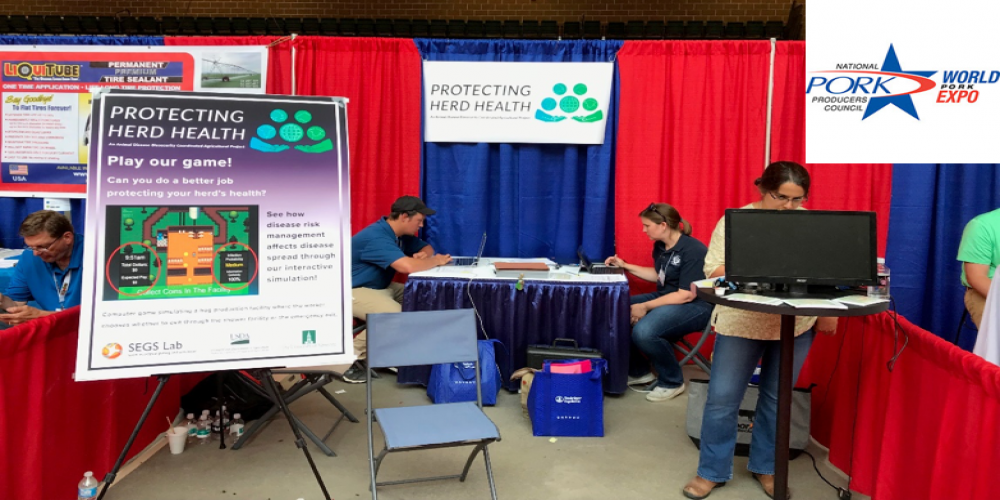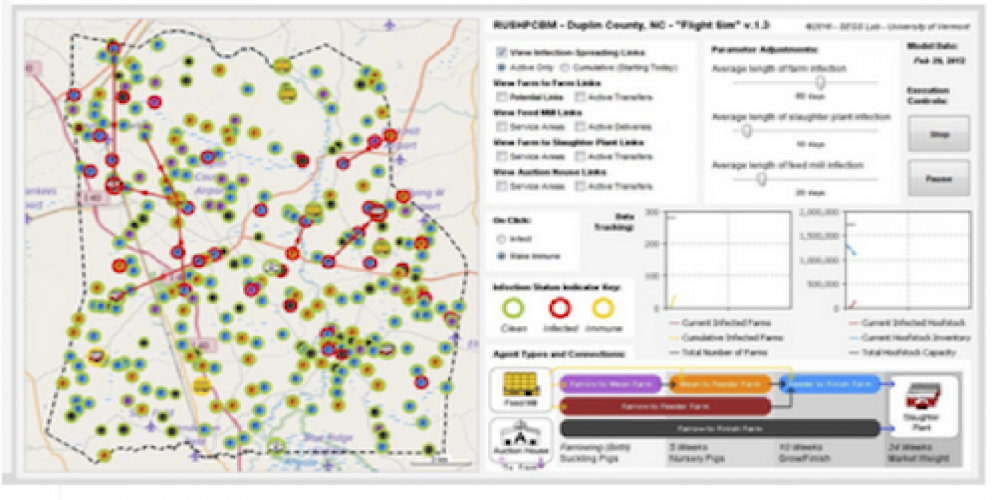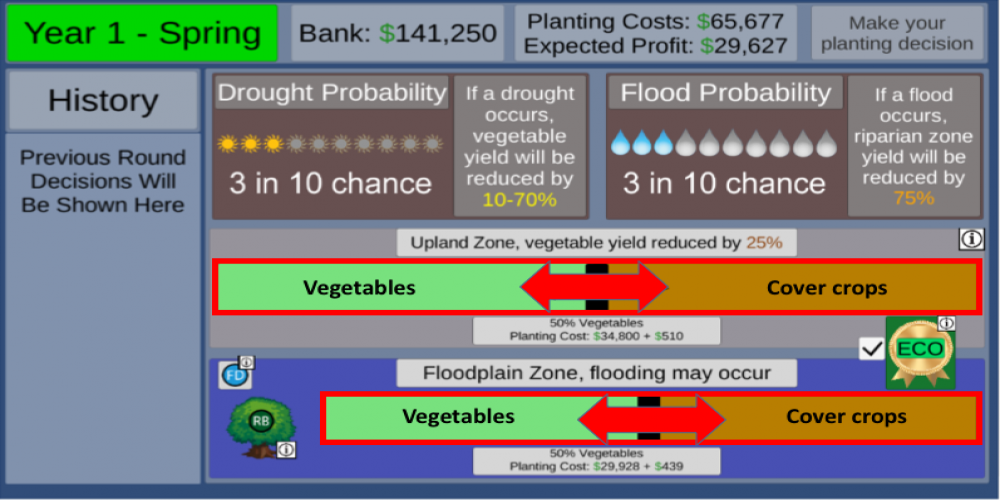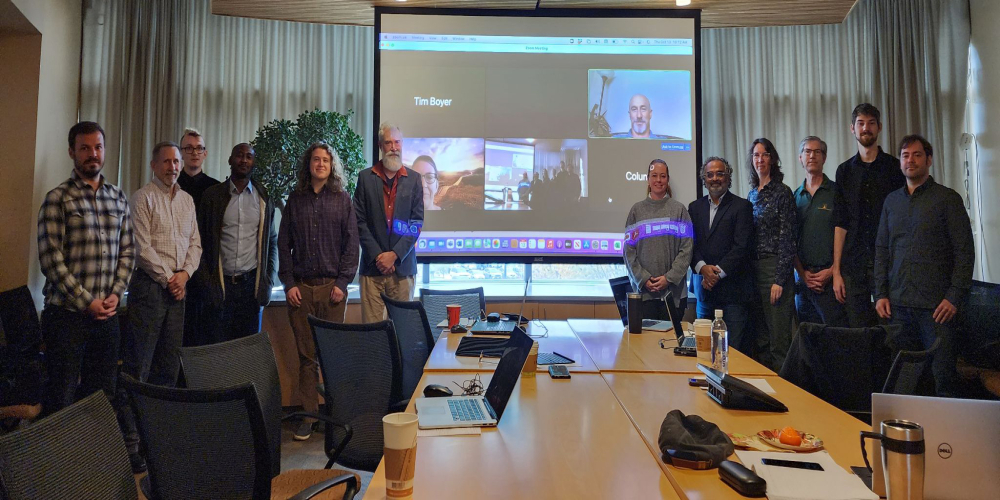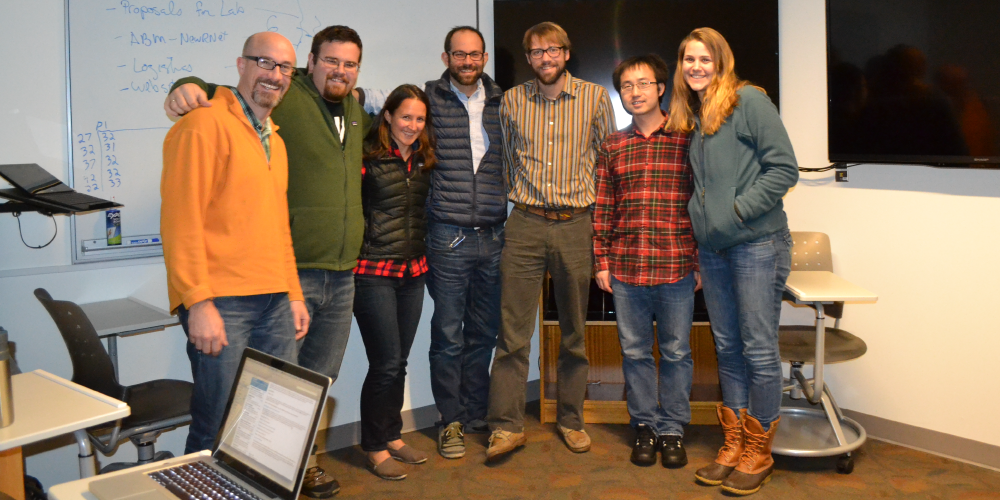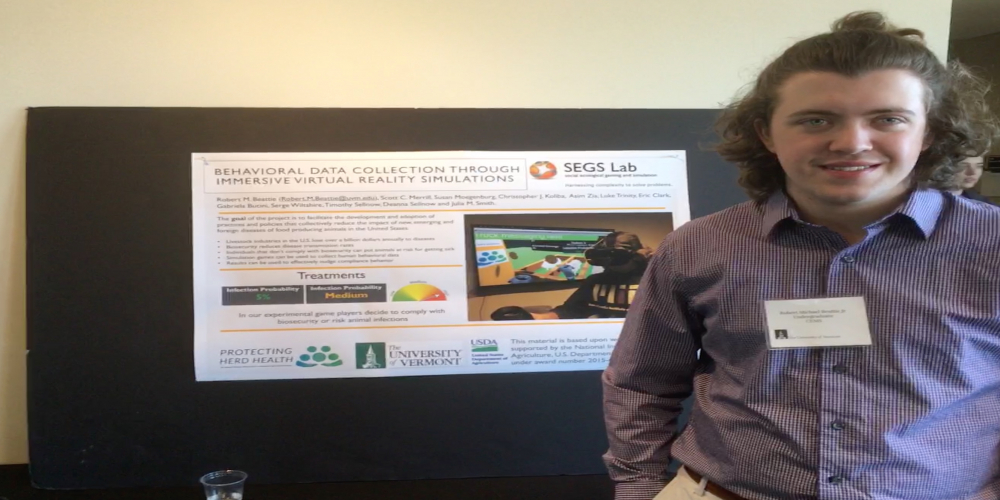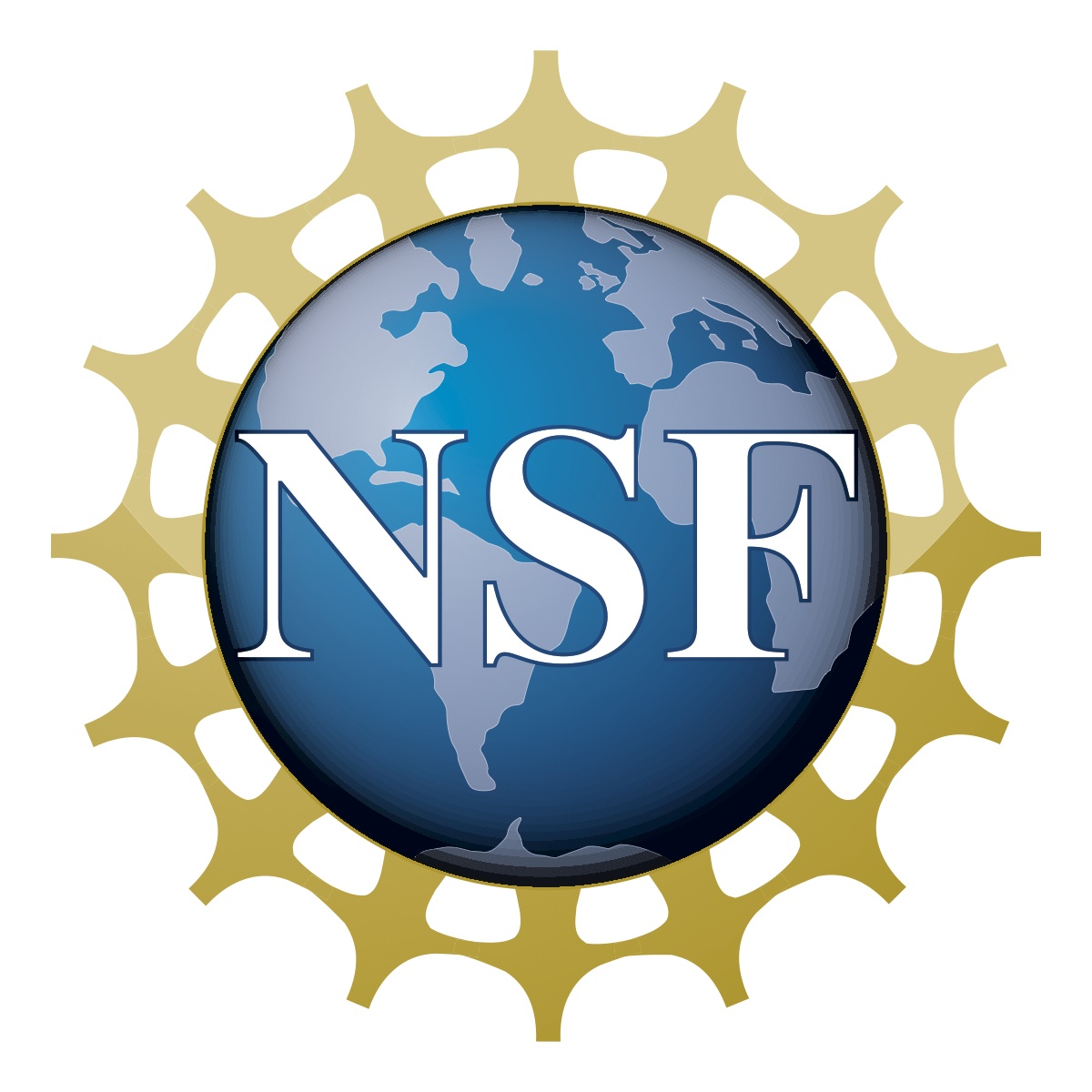What are Social Ecological Systems?
Social Ecological Systems (SESs) are comprised of biological, geological, and physical elements affected by social agents and their institutions. They are considered complex, adaptive, and bounded either spatially or functionally. SESs all share two key concepts. The first fundamental concept is that human behavior is influenced by, and has influence at, multiple levels, including intrapersonal, interpersonal, organizational, community, and public policy. The second concept common to SESs is reciprocity between these levels: for example, the social environment affects individuals’ behavior, and vice versa.
The SEGS lab uses games and simulations to model complex SESs to better understand them, and ultimately to inform public policies about them.
Why Games and Simulations?
SEGS lab games and simulations are interactive models of Social Ecological Systems that cut through their inherent complexity, allowing us to focus in on the key factors and behavioral patterns that impact system-wide outcomes. These models enable manipulation of variables in ways that would be impossible or unfeasible in real life (e.g., introduction of a disease; pollution of a river). In playing games, people interact with simulations to help us understand whether, under what conditions, and in which ways people respond to new information and/or different structural conditions.
We can apply what we learn through games and simulations back to the real world that was modeled. For example, if we learn that the likelihood of adoption of certain management practices depends on how people learn about those practices, we can leverage those findings to inform education and outreach strategies.

